#Mia Hansen Løve
Photo
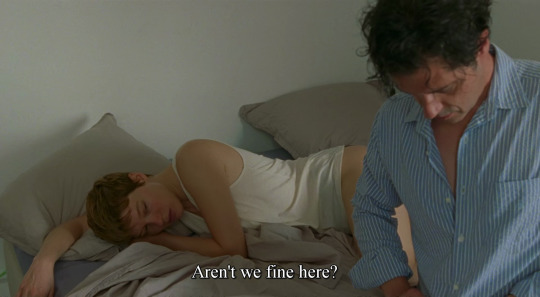
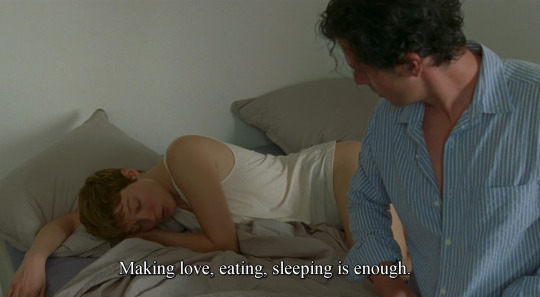
Un beau matin (Mia Hansen-Løve, 2022)
#Un beau matin#One Fine Morning#Mia Hansen-Løve#quote#2022#Mia Hansen-Love#Mia Hansen Love#love#bed#melvil poupaud#Lea Seydoux#Mia Hansen Løve#Léa Seydoux#sleep#eat#food
2K notes
·
View notes
Text
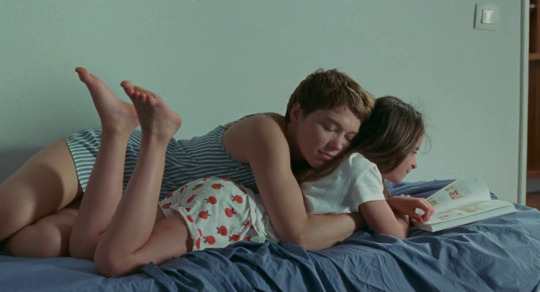
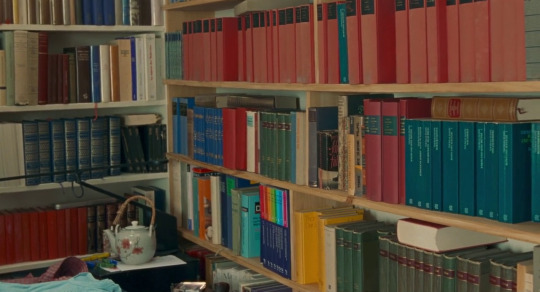
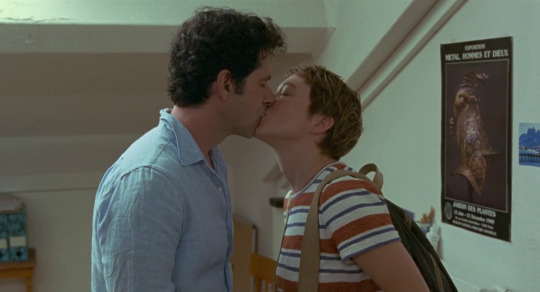

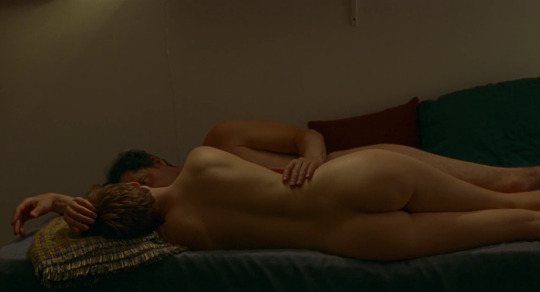


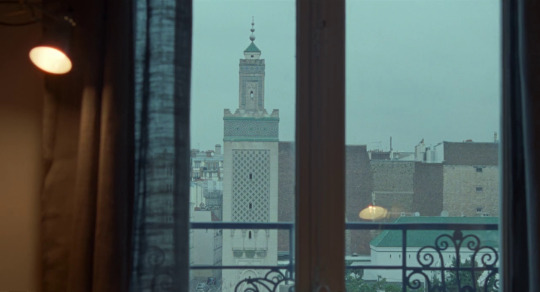
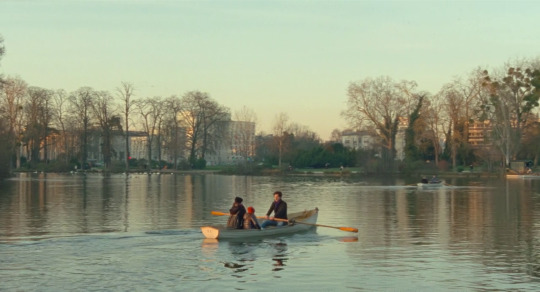

One Fine Morning (2022) | dir. Mia Hansen-Løve
#one fine morning#un beau matin#mia hansen løve#lea seydoux#camille leban martins#melvil poupaud#pascal greggory#films#movies#cinematography#scenery#screencaps
228 notes
·
View notes
Text
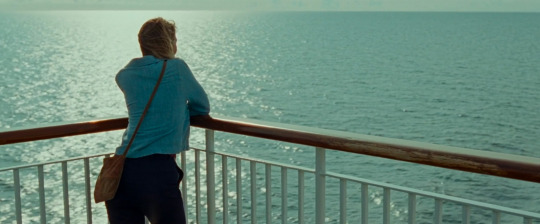
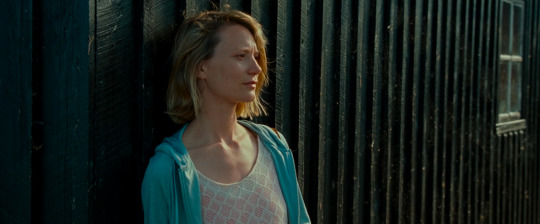
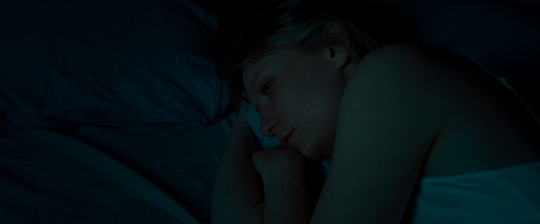
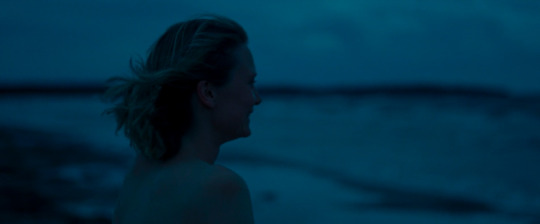
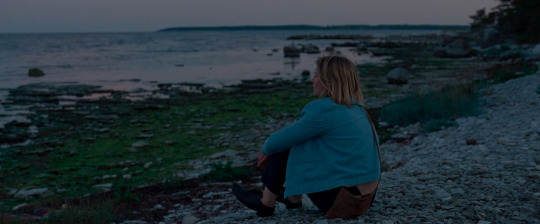

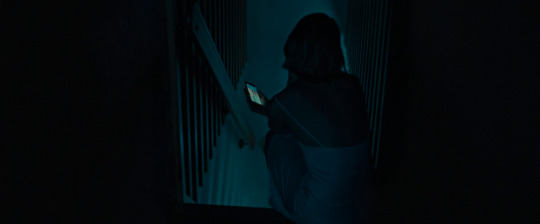
Mia Wasikowska in Bergman Island (2021)
on twitter
#mia wasikowska#bergman island#mia hansen løve#cinema#movieblr#aesthetic#filmblr#film stills#cinephile#movie aesthetic#film#film aesthetic
61 notes
·
View notes
Text
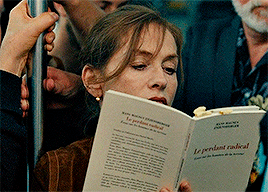




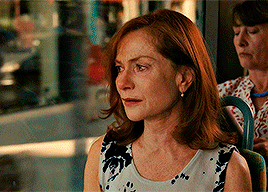

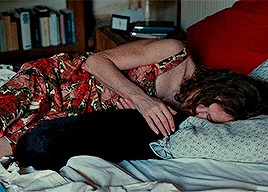
Isabelle Huppert in Things to Come (directed by Mia Hansen-Løve, 2016)
#isabelle huppert#french cinema#women in cinema#film community#film edit#film gifs#mia hansen løve#things to come 2016#letterboxd#movie screencaps#films#film twitter
150 notes
·
View notes
Note
What are your thoughts on Mia Hansen-Love’s comments about not wanting intimacy coordinators on her sets? (It was in her interview with The Guardian) Personally I’m disappointed that a female filmmaker can’t acknowledge that having a intimacy coordinator isn’t about stifling the creative process but rather making sure actors feel like they aren’t being forced to do things they don’t want to. Actors might have past sexual trauma that they don’t feel comfortable disclosing with their directors or maybe they might not feel confident voicing their discontent with a sexual scene. (Sorry I sent this as a message before and meant to send it as an ask!)
I hadn't seen it until you pointed me to the interview but the second I read it I thought "That's very French". The French film industry generally seems very devoted to the idea of everything being in service to art, even if people are abused along the way. Even people with so called "good" reputations often speak out to defend people with abusive reputations (for the record I've never heard anything bad about Mia Hansen-Love herself).
The full quote: "As long as I’m not forced to, I won’t use them. I don’t think I need it. I’m extremely sensitive and pay lots of attention to the respect that the actors need to have for one another. I’ve never had any kind of problem. I’ve never forced any actor to do anything. Everything is discussed and happens in a very smooth way. So for me, intimacy coordinators aren’t necessary. If I was forced to have some kind of virtue police on set, I’d rather not film those scenes. I understand why some people might feel reassured, but it’s very far from the experience of my own film sets."
Like it's all well and good that she thinks of herself as sensitive and respectful and I truly hope she is but like you said some people are shy or hesitant to talk about things or can easily find themselves pressured into doing things they didn't want to do on the days of filming. I mean I guess it's less of an issue now that she's working with big stars but she also sometimes casts nobodies and she now has a reputation as an award winning respected director. There is pressure to please when you're working with someone who is so established in their career.
Personally I see intimacy co-ordinators the same way I do dance choreographers. It strikes me as a really good idea to have them on set as they are experts in a particularly focused area and it's kind of surprising that they weren't a thing until recently. But I'm more North American this way.
27 notes
·
View notes
Text




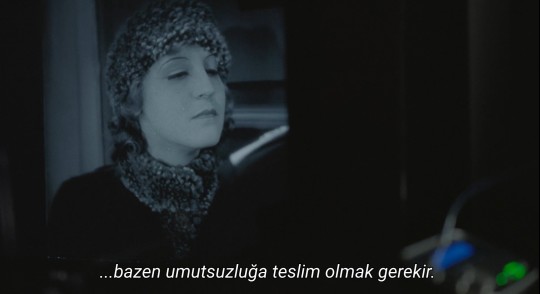
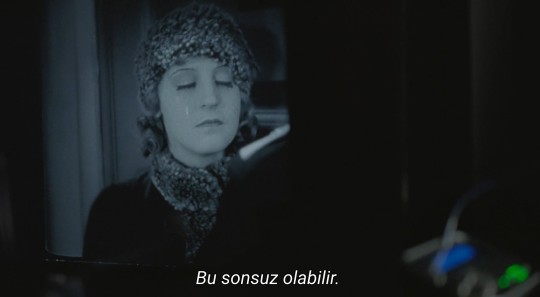
un beau matin (2022), mia hansen-løve
#un beau matin#one fine morning#2022#mia hansen love#mia hansen løve#lea seydoux#pascal greggory#melvil poupaud#film replikleri#french movie#movie#nihilizm#umutsuzluk
26 notes
·
View notes
Text

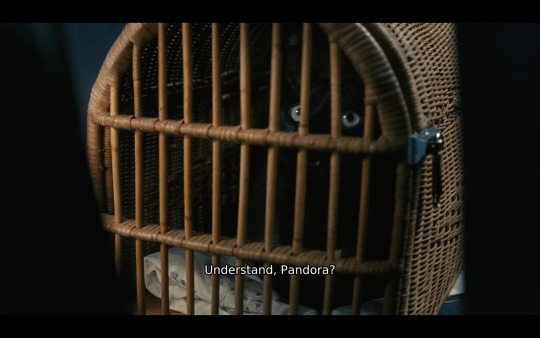
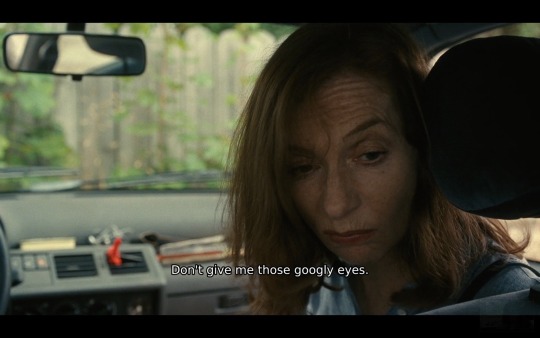
THINGS TO COME (Mia Hansen-Løve, 2016)
9 notes
·
View notes
Text
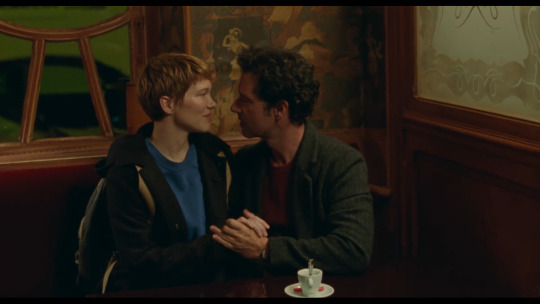
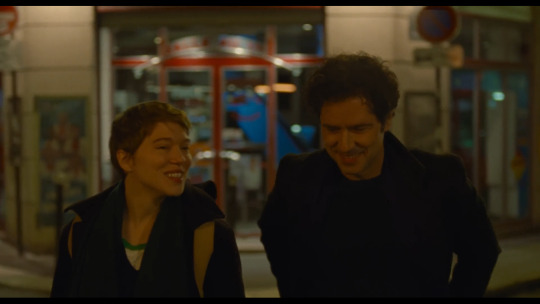

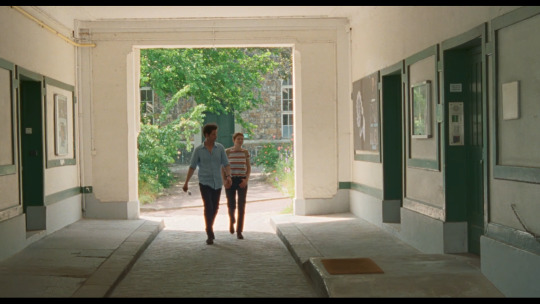

Sandra & Clément
One Fine Morning
Image via Mubi
#one fine morning#un beau matin#lea seydoux#mia hansen løve#melvil poupaud#french#mubi#film#drama movies#movies#movie#romance#film scenes#cinema#french movie#french film#cinematography
7 notes
·
View notes
Text

"Un beau matin", 2022
8 notes
·
View notes
Text
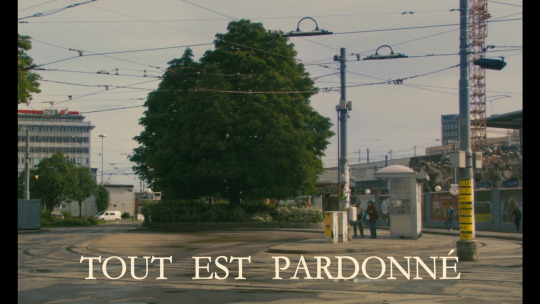



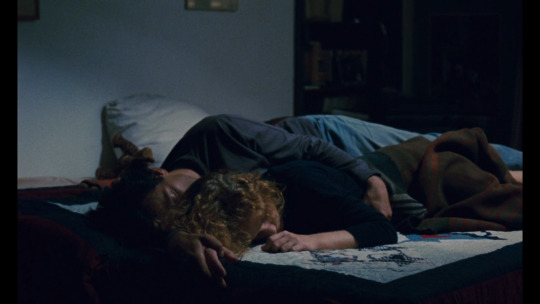
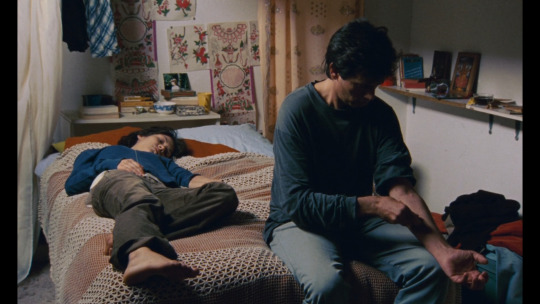
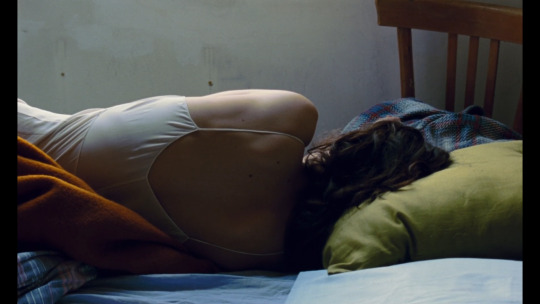





"Tout est pardonné" (All is Forgiven) (2007) - Mia Hansen-Løve
#tout est pardonne#all is forgiven#mia hansen løve#constance rousseau#french cinema#film#frames#film frames#film stills
2 notes
·
View notes
Photo
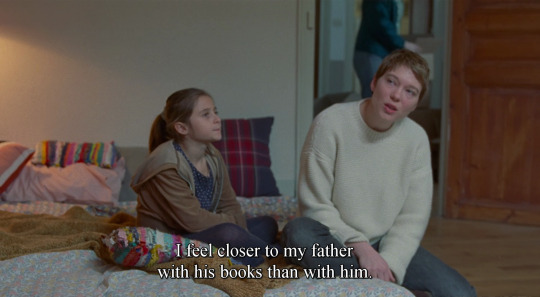
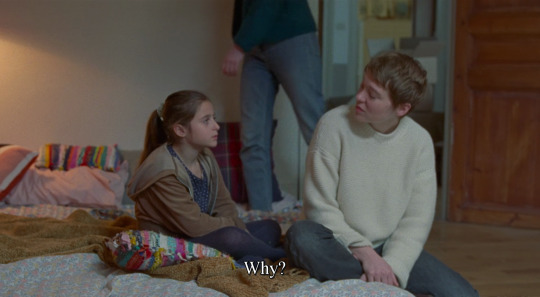

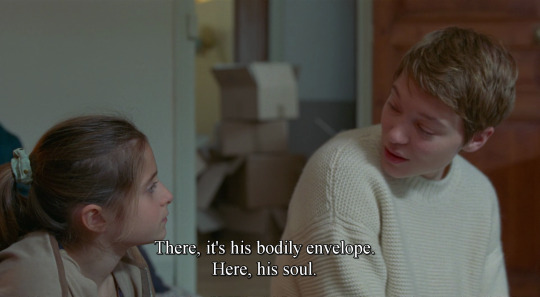
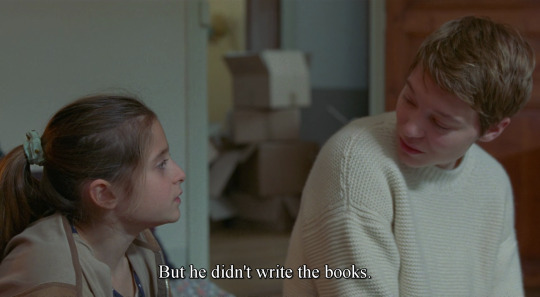

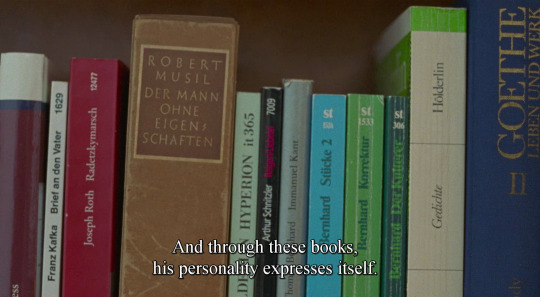
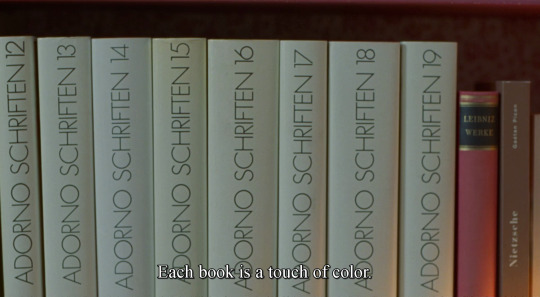

Un beau matin (Mia Hansen-Løve, 2022)
#Un beau matin#One fine morning#quote#books#library#memory#2022#Camille Leban Martins#Mia Hansen-Løve#Mia Hansen Løve#Mia Hansen Love#Mia Hansen-Love#lea seydoux#Léa Seydoux#philosophy#childhood#book#body#soul
956 notes
·
View notes
Photo




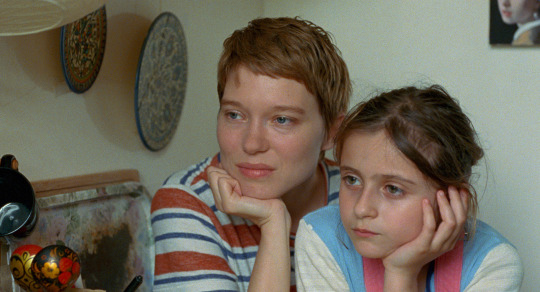

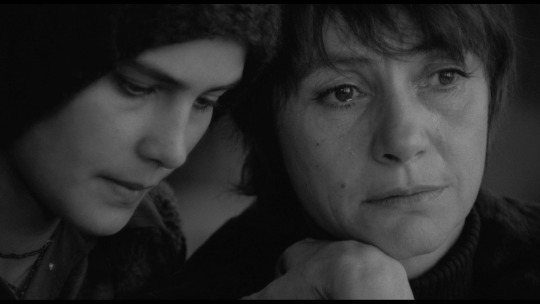
Favorite films watched in August, September, & October 2022:
The Last of Sheila (1973), dir. Herbert Ross
Happening (2021), dir. Audrey Diwan
The Cathedral (2021), dir. Ricky D’Ambrose
If... (1968), dir. Lindsay Anderson
One Fine Morning (2022), dir. Mia Hansen-Løve
The Most Beautiful Boy in the World (2021), dir. Kristian Petri & Kristina Lindström
Adoption (1975), dir. Márta Mészáros
#w22*#2022 in film#2022 favorites#the last of sheila#happening#the cathedral#if...#lindsay anderson#one fine morning#mia hansen løve#the most beautiful boy in the world#adoption#marta meszaros#i really watched fuck all in august + september
28 notes
·
View notes
Text
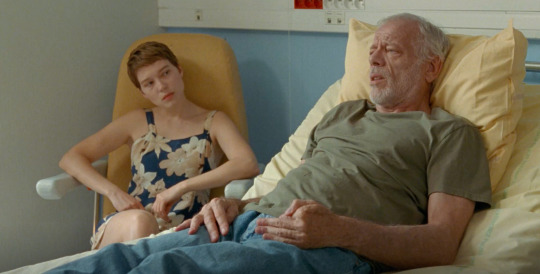


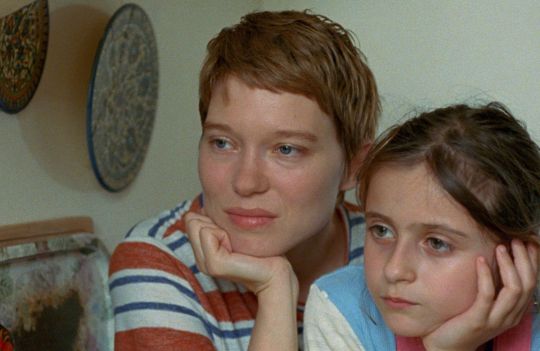
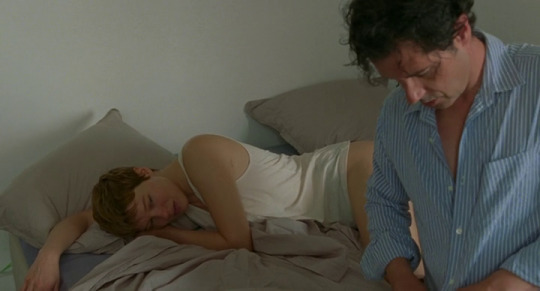
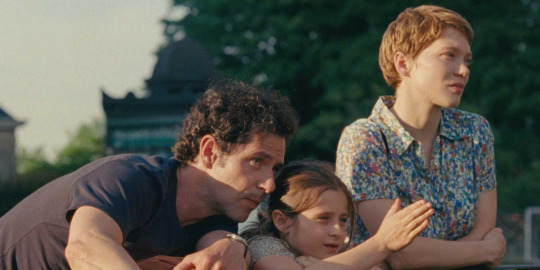
Un beau matin (2022), Mia Hansen-Løve
7 notes
·
View notes
Text
TIFF 2022: Day 1

Films: 3
Best Film Of The Day: Triangle of Sadness
Triangle of Sadness: Ruben Ostlund has what appears to be a direct pipeline into the psyche of his often wealthy and exceedingly vain characters. More than anything, it seems, money has the ability to help them hide their frail neediness and vanities from the outside world, a disguise the devilishly funny Swedish director delights in exposing in vibrant colors. This film, which won the Palme d’Or at Cannes back in May, might be his most acerbic takedown yet. It’s divided into three sections, the first of which focuses on the trials and tribulations of a pair of stunning models, Carl (Harris Dickinson), and Yaya (the late Charlby Dean, who died of apparent septicemia on the eve of the fest), as they cavort around, and argue about money ( “It’s such a hard thing to talk about,” Carl says, after an altercation at a fancy restaurant). The second section finds the now-happy couple aboard a $250 million luxury yacht for a cruise — paid for by her IG sponsors — amidst a throng of older, richer, and generally less happy other patrons. Even here, however, the icy grip of reality is close at hand: The ship is “led” by a boozed-up Marxist captain (Woody Harrelson), who goes MIA for much of the proceedings, and then gets wildly drunk with a Russian fertilizer oligarch (Zlatko Buric), during the night of a pounding gale, that leaves many of the guests violently ill in a multi-orifice serenade of bodily secretions and despair — and that’s before the pirates show up. The final act, which, after the whippet-fast first two drags a bit by comparison, finds the group of survivors washed up on a proverbial desert (tropical) island, desperate for someone to take command of their sorry state, and finding an unlikely — and ruthless — leader in Abigail (Dolly De Leon), the former “head of toilets” on the ship, who creates a new hierarchy that ultimately leads us right back into violent chaos. As is his usual manner, Ostlund mostly dispenses with subtlety in favor of a raucous sort of precision (the sounds of buzzing insects inform one scene, in another the whining rub of a windshield wiper; one shot of a seriously sick wealthy woman sliding helplessly back and forth on the slick floor in her bathroom is hilarious in its abject cruelty), setting up his gilded pins for the inevitable bowling ball hurtling at them. One imagines it won the top prize at Cannes for its raw audaciousness as much as anything else.
Decision to Leave: If Oldboy proved Park Chan-wook could handle twisty crime dramas, and The Handmaiden showcased his ability to capture sinewy sensuality, this film manages to combine elements of both as a rumination on love via the misty vagaries of human emotion. Hae-jun (Park Hae-il) is a meticulous Busan-based detective, married to a sweet woman (Jung Yi-seo), who lives and works in a smaller city some distance away. While working on a case involving a wealthy rock-climber who fell to his death in either a suicide or a murder, Hae-jun becomes mixed up with the dead man’s striking Chinese wife, Seo-rae (Tang Wei), a caregiver for the elderly that herself has something of a suspicious past. As the detective becomes more and more entranced by her, he starts to reject any notion of her being the culprit, despite various bits of evidence that might suggest otherwise. It might sound like a hard-boiled procedural, but the ever-dexterous Park is after something far more elusive and beguiling: The dissection of a love story through the prism of a murder investigation. Time and again, Hae-jun recreates various moments and scenes in his mind, placing him directly next to Seo-rae, and, later on, she with him, making observations based on their loving insight into one another, even as it turns increasingly complicated. Being a native Chinese speaker, Seo-rae’s hesitant Korean is often translated back and forth between them (and us), so even the act of basic communication comes via a filtered source. As their relationship gets more hazy, the lines blurred between roles, it’s very much as if they lose themselves completely to each other, helpless to avoid catastrophe, even as they attempt to stave it off. It’s a slower-moving film than some of Park’s more high-octane stuff, but its determined deliberateness eventually yields up some third-act treasures that seem very much worth it. Park’s sense of texture — both emotional, and visceral — is such that you can never quite turn away or stop paying attention. Much like the pair of doomed lovers themselves, we’re bound to stick around until the bitter end.
One Fine Morning: If French cinema is meant to be taken literally, doing a disservice to its own people, it’s to suggest a peculiar harmony of traits and impulses: Younger women adore older men; everyone has affairs on everyone else; and parents eschew their children in favor of such romantic adornments. It that sense, Mia Hansen-Love’s film, about a widow, Sandra (Lea Seydoux), with a young daughter in tow, who becomes involved with Clement (Melvil Poupaud) the married friend of her late husband, manages to hit nearly every key trope. Sandra is also having to contend with the continuing dissolution of her elderly father (Pascal Greggory), a former professor of philosophy, whose mind is going on him as his vision gets worse. As Clement comes and goes from her life — caught, it would seem between feeling hopelessly in love, and deeply guilty — Sandra has to adjust to her pain and loneliness over and over again, even as her papa clamors only for his “companion” friend of several years, who comes to visit him sporadically at the various nursing homes they are forced to place him in. It does have strong performances — Seydoux, in particular, is a powerhouse — which help anchor it down some from wisping in the air like so much steam. Hansen-Love invests heavily in her characters, but somehow we rarely get beyond a sort of surface level, despite their continual presence. For one thing, the narrative is chopped into small, bite-sized pieces, which work mostly to transition us from one plot point to another. We get the sense of the dramatic chaos Sandra’s love causes her, but not so much why she would continually put herself in such a position in the first place. By the end, with a resolution that only feels partially earned, we’re left wondering if that’s all the director really had in mind when she started.
TIFF: One Last Time, wherein the author contemplates this year’s offerings and the past decade of covering this fabulous film festival, as he’s poised to embark on a new career path that will more than likely involve him standing up in front of a group of sullen teens, espousing the glories of the Russian masters, rather than taking in a beatific week of international cinema in the early days of September.
#sweet smell of success#piers marchant#ssos#movies#films#TIFF#toronto international film festival#2022#triangle of sadness#ruben ostlund#decision to leave#park chan-wook#one fine morning#lea seydoux#mia hansen løve
21 notes
·
View notes
Photo

One Fine Morning (Un beau matin), Mia Hansen-Løve (2022)
#Mia Hansen Løve#Léa Seydoux#Pascal Greggory#Melvil Poupaud#Nicole Garcia#Camille Leban Martins#Sarah Le Picard#Pierre Meunier#Fejria Deliba#Catherine Vinatier#Denis Lenoir#Marion Monnier#2022#woman director
11 notes
·
View notes
Text
ORIGINAL SCREENPLAY
THE NOMINEES ARE:

THE BANSHEES OF INISHERIN, written by Martin McDonagh
PRIEST How's the despair?
COLM It's back a bit.
PRIEST But you're not going to do anything about it?
COLM I'm not going to do anything about it, no.
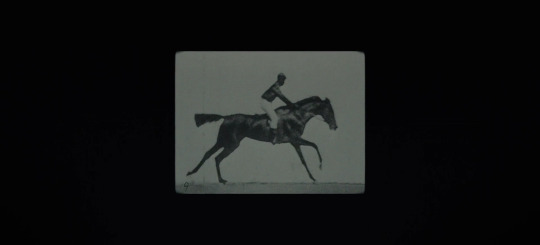
NOPE, written by Jordan Peele
JUPE What if I told you that in about an hour you’ll leave here different. See, every Friday for the last six months, right here in this spot, my family and I have bore witness to an absolute spectacle. One you’re gonna see today.
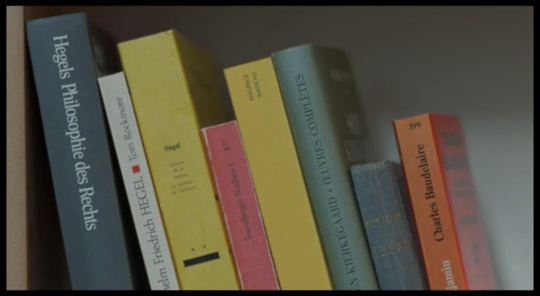
ONE FINE MORNING, written by Mia Hansen-Løve
SANDRA I feel closer to my father with his books than with him.
LINN Why?
SANDRA His library is more him than the person at the nursing home. There, it’s his bodily envelope. Here, his soul.
LINN But he didn’t write the books.
SANDRA Yes, but he chose them. And through these books, his personality expresses itself. Each book is a touch of color. All together, they form his portrait.
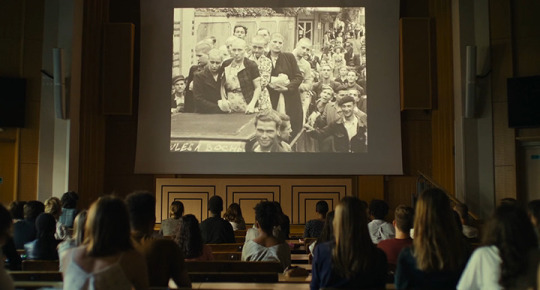
SAINT OMER, written by Alice Diop
RAMA Listening to the text, the author's intention is crystal clear. This woman is humiliated, distraught, branded like a prisoner, all be it temporarily as hair does grow back, but branded forever on her memory and that of those around her. This woman, an object of shame, becomes, thanks to the author's words, not only a heroine but a human being in a state of grace.
AND THE CRISTAL GOES TO…
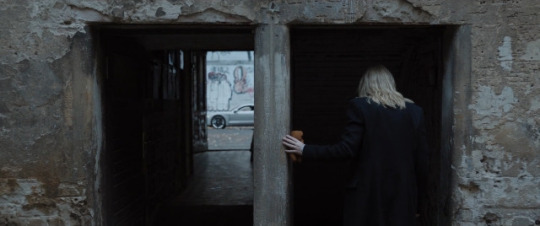
TÁR, written by Todd Field
TÁR You mentioned my ethnographic fieldwork in the Amazon. Well, Adam, the Shipibo-Konibo only receive an icaros, or song, if the
singer is “there” on the same side as the spirit who created it. In this way the past and present converge; the flip sides of the same cosmic coin. That definition of fidelity makes sense to me. But Lenny believed in teshuvah, the Talmudic power to reach back in time and transform the significance of one’s past deeds. When he played the Adagietto at Robert Kennedy’s funeral it ran twelve minutes. He
treated it as a mass, and if you listen to a recording of it you will no doubt feel the pathos and tragedy. That interpretation was very true for Mahler later in life, after the professional bottom dropped out and Alma had abandoned him for Gropius. But, as I said before, we are dealing with time. And this piece was not born into aching tragedy, it was born into young love.
GOPNIK And you chose…
TÁR …love.
#2022 Film Awards#Best Original Screenplay#Tár#Todd Field#The Banshees of Inisherin#Martin McDonagh#Nope#Jordan Peele#One Fine Morning#Mia Hansen Løve#Saint Omer#Alice Diop
6 notes
·
View notes